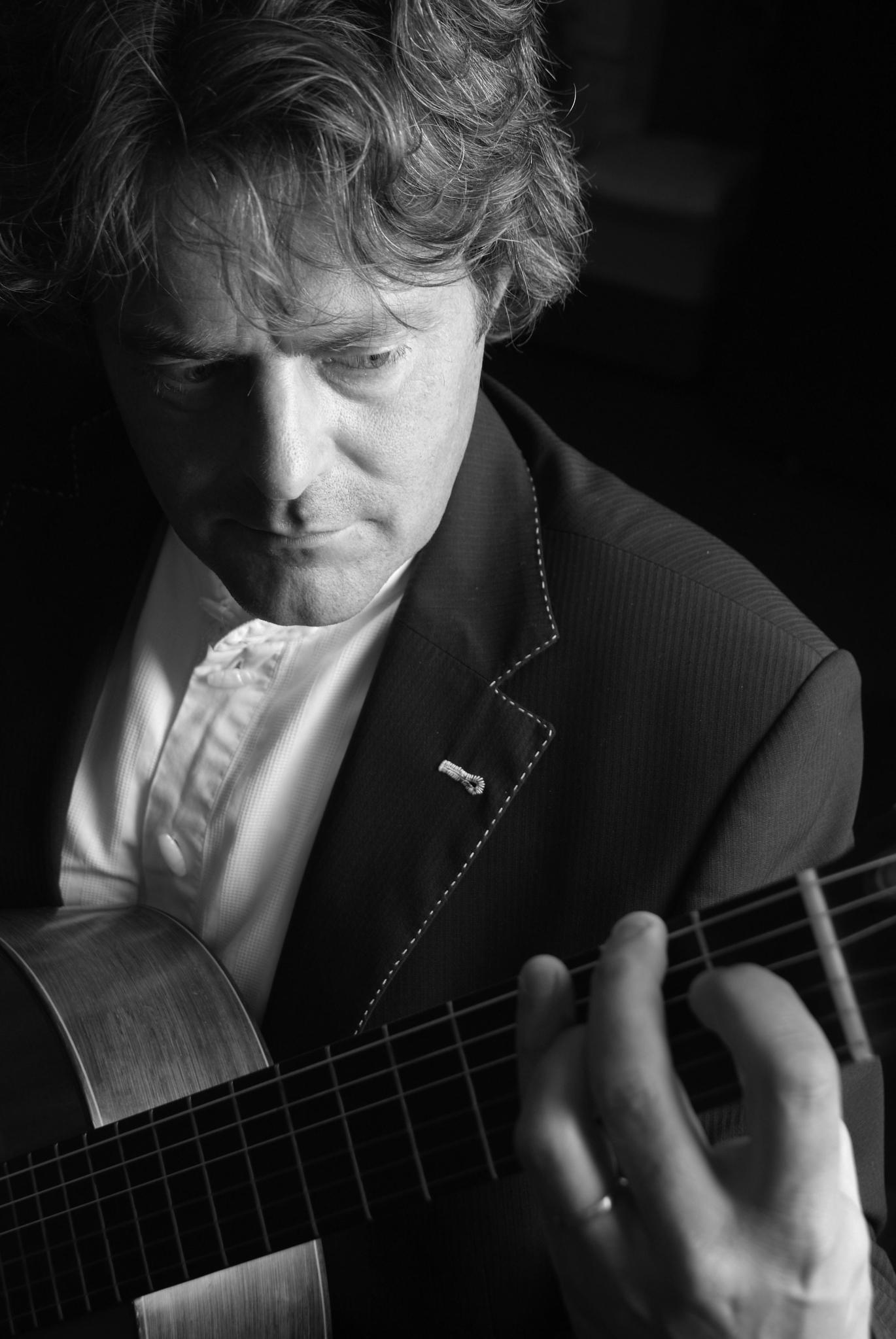Norwegian classical guitarist extraordinaire Kristina Varlid has the magical ability to conjure landscapes through her guitar. The quality of extracting so much color and expression from the instrument is what struck me first upon hearing her play. It is almost as if she were painting a masterpiece instead of playing one. Kristina recently sat down to share some of her thoughts and experience with Six String Journal readers. Enjoy!
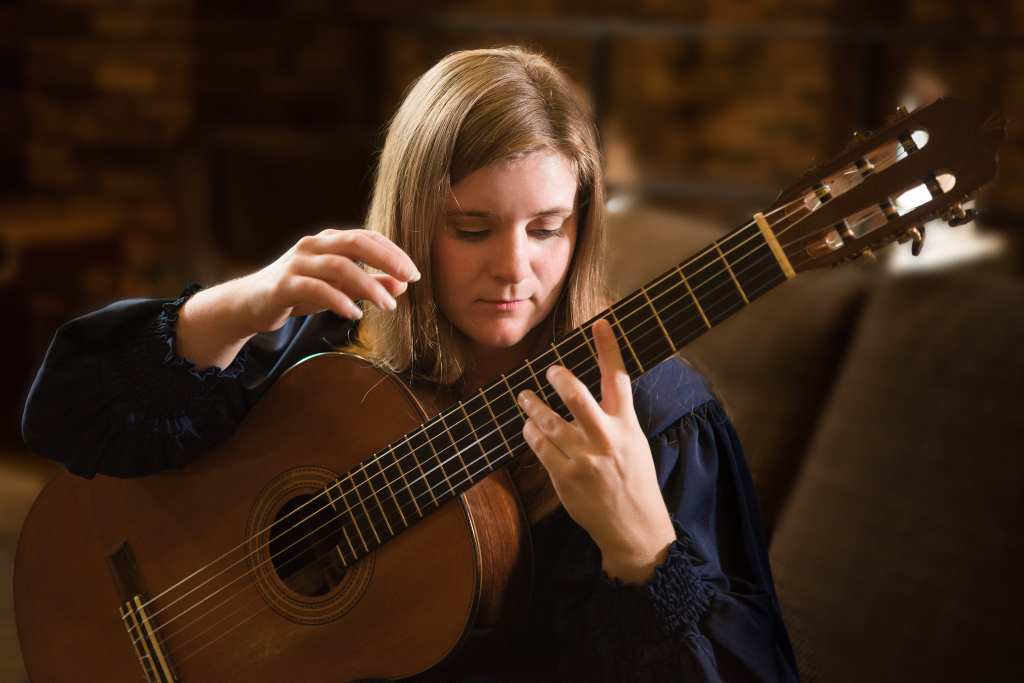
Personal
When did you start playing and why? Or, what drew you to the guitar initially?
It was a bit of a coincidence really, well, I got a small guitar for my 6th birthday. I started playing around with it and when I was 8 I started lessons. Initially my parents plan was that I would learn some chords so we could all sing together, but my teacher played classical guitar and I never looked back!
What repertoire do you enjoy playing the most?
It depends on the piece, I think there are truly magical pieces from any epoch, but my absolute favorite must be the late part of the 20th century.
What guitar or guitars do you perform on? Strings?
I perform on a guitar built by Andrés D. Marvi and D’Addario EJ46 (nylon hard tension).
Which guitarists/musicians have had the most influence on you?
Sabrina Vlaskalic, Kazuhito Yamashita and Julian Bream. Strong personalities with a huge pallet of colors and sounds as well as intriguing interpretations.
What recording/s are you most proud of?
It must be my recent album «5 Stages of Grief» released in April 2023. This album reflects on my grief process dealing with the very tragic loss of my best friend, mentor and incredible guitarist Sabrina Vlaskalic. It features works by renowned composers such as Štěpán Rak, Nikita Koshkin, Tōru Takemitsu, Pēteris Vasks, and Georg Schmitz, each of them capturing a unique perspective on the grieving process.
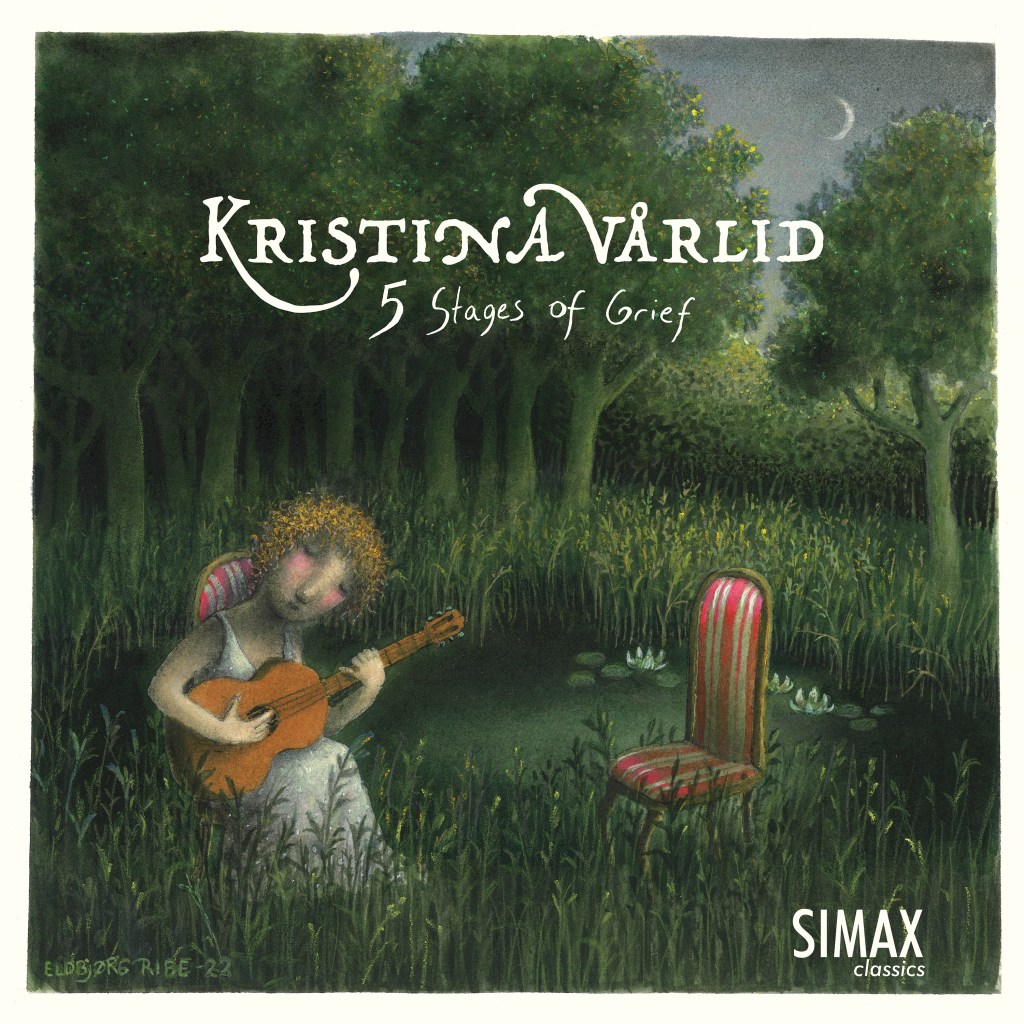
Are there any recordings that you consider have the finest recorded sound for guitar?
I do love the recordings Norbert Kraft has done in Canada, for example Zoran Dukic – Tedesco: 24 Caprichos de Goya.
What are some up and coming projects (recordings, concerts) you are excited about?
I just came back from the Koblenz Guitar Festival in Germany where I will gave some masterclasses, sat in the jury and gave a concert presenting my new album «5 Stages of Grief». It was very exciting and a huge honor to play there. I have an upcoming video recording of Koshkin’s 2nd Sonata and a few concerts in The Netherlands and Norway.
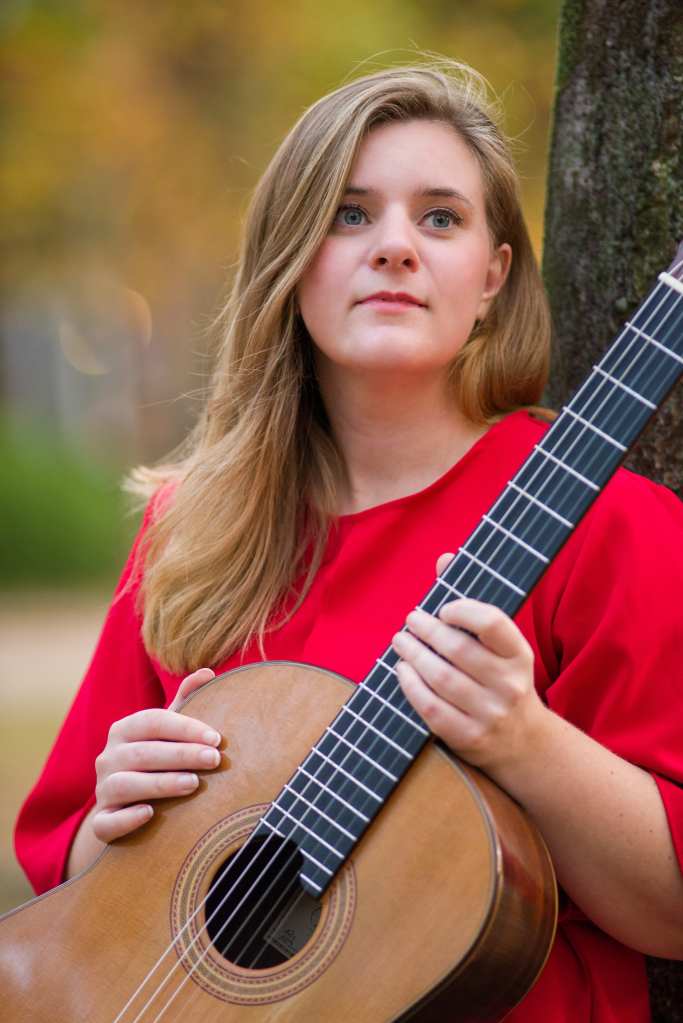
Technique and Performance
How much do you practice? And, do you structure your practice in any particular way?
When I was younger I didn’t like practicing at all, but lately I like it more! I never practiced many hours per day as I get easily bored. (whoops! Hehe) I try to make an average of one hour per day. I try to make it as efficient as possible and preferably in a moment of the day where I have a lot of energy to make the practicing as inspiring and productive as I can.
Are there aspects of guitar technique or performance that you struggle with or that you find you are still working on?
Oh yes, so many aspects!! That is also the beauty of the classical guitar, there is always more to work on. Currently I focus a lot on maximizing my projection and sound quality. Also, getting better control over the intonation. For performances I always get nervous, so I continuously work on being able to play my best while the nerves are still there as they give me a lot of energy.
Do you deliberately memorize music or have a technique that helps assimilate music into memory?
It depends on the repertoire, usually I learnt piece by heart naturally while practicing it. However, there are some pieces of music, especially the more contemporary ones that I had to find new methods. What has helped me has been to write down the music again by hand and then map it out with different sections in colors for example.
Have you published any editions or do you plan to publish your own editions in the future?
Challenge accepted! Hehe, I haven’t published anything and I have only arranged some small things, but maybe it is a nice next step! 🙂
Do you have a favorite drill or set of exercises you use to warm up?
I usually play a bit of the 1st etude by Villa-Lobos and improvise while focusing on sound. After that I start playing my repertoire in complete snail tempo. That is pretty much it!
Do you have any pre-concert rituals?
I try to get enough sleep and to not stress about anything, trying to save all my energy for the concert. I just do everything I want to do like watching a movie, go for a walk and practicing a bit of course!
Advice to Younger Players
What single most important piece of advice about practicing would you offer to younger aspiring players?
Being patient and not playing the whole piece at once, but practice smaller fragments of the piece.
What repertoire do you consider essential for young/conservatory students to assimilate?
I would say pieces from the classical era by composers like Leignani, Sor and Giuliani. To understand the basic of functional music and the basic technique for guitarists.
Recordings that every young guitarist should be familiar with and why?
The recordings by Julian Bream. He had very interesting musical ideas and use of colors. He has a unique character that is very inspiring, but difficult to copy, so I hope it will inspire the young guitarists to find their own voice.
Are you accessible as a teacher?
Yes! I teach at the Prince Claus Conservatoire in Groningen, The Netherlands where I have 10 students.
Tangent
What is the last book that you read? Favorite author/s?
Julian Bream: A life on the road. Very nice book! I love reading about guitar and music, but I am also a big Harry Potter fan. 🙂
Do you try to stay healthy? Exercise? Have a favorite pre-concert food?
I try. Hehe! I do a bit of running, hiking and play some tennis. I love all kinds of food!
Do you meditate in any way?
Not really, but maybe I should try it!
What is your favorite way to spend time when not practicing?
Hanging with friends, working on my side projects like the Dutch Guitar Foundation, my summer course, projects with my students and thinking of new exciting stuff to do!
Any things else you’d like to add?
Thank you for the interview! 🙂
_____________________
Support Kristina by listening to her recordings:

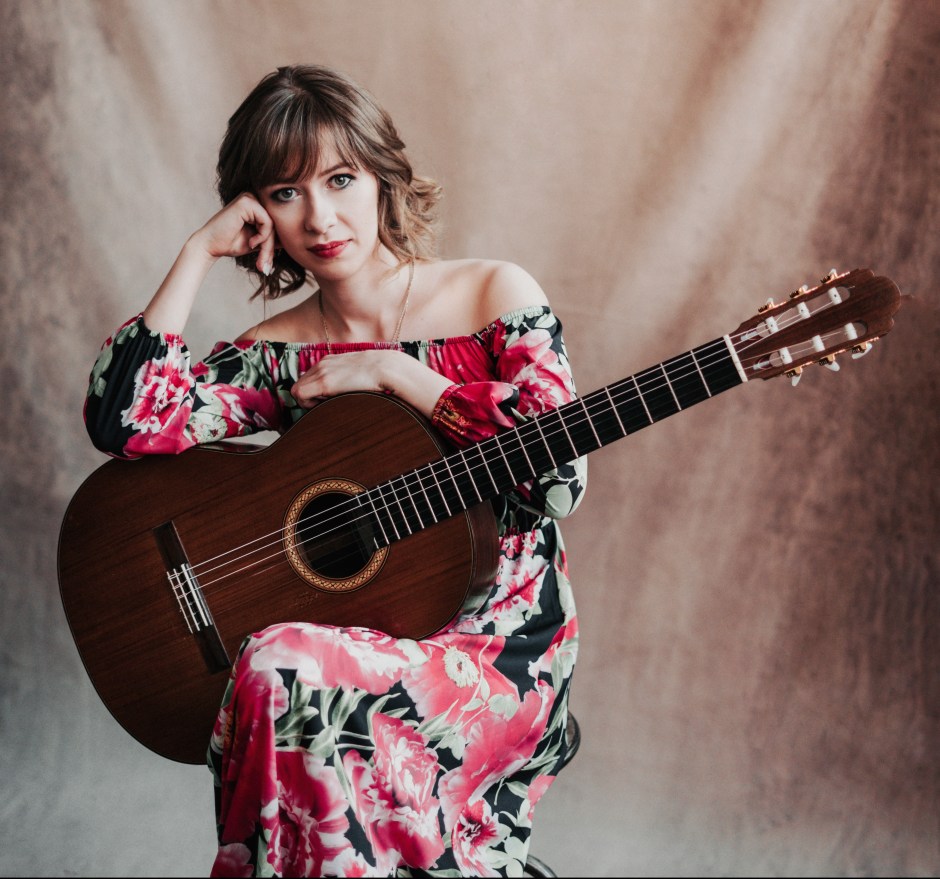
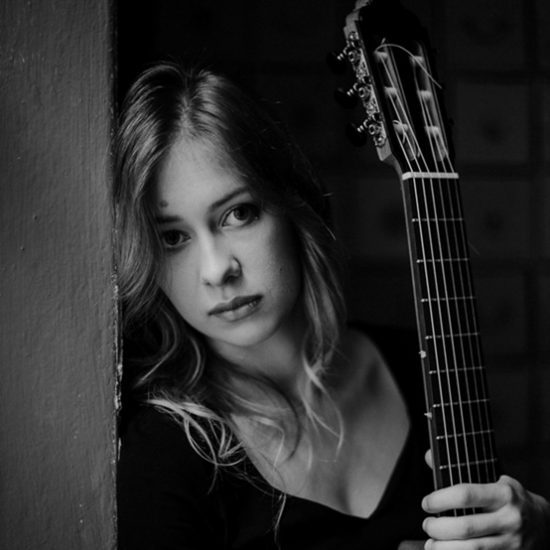
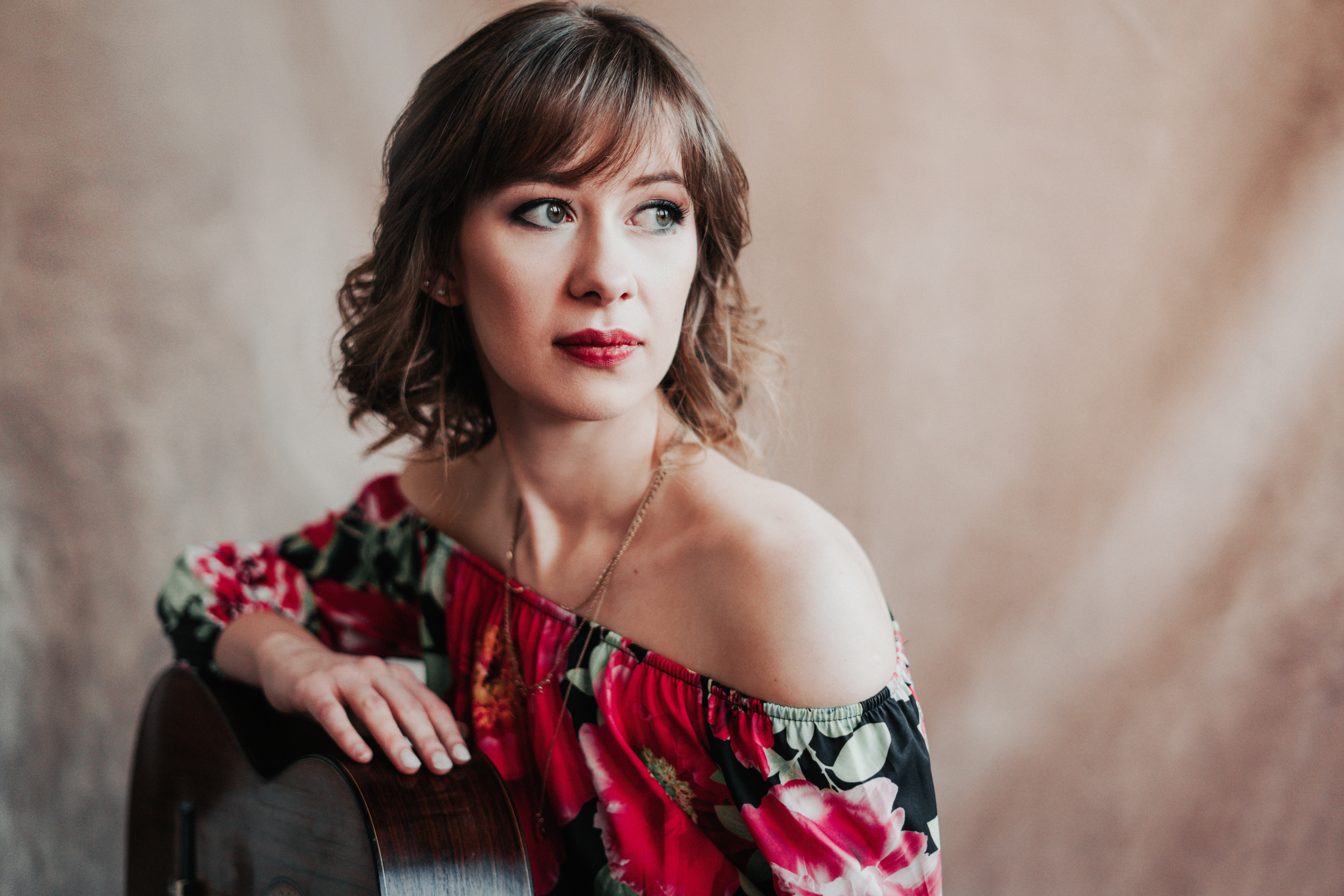

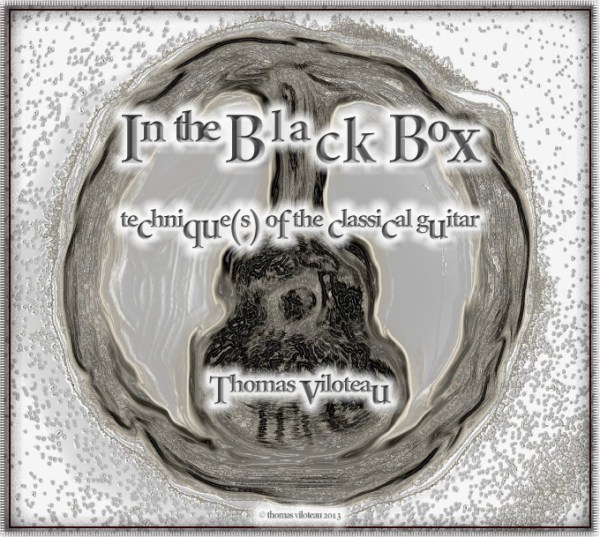
 Young Turkish guitarist,
Young Turkish guitarist, 